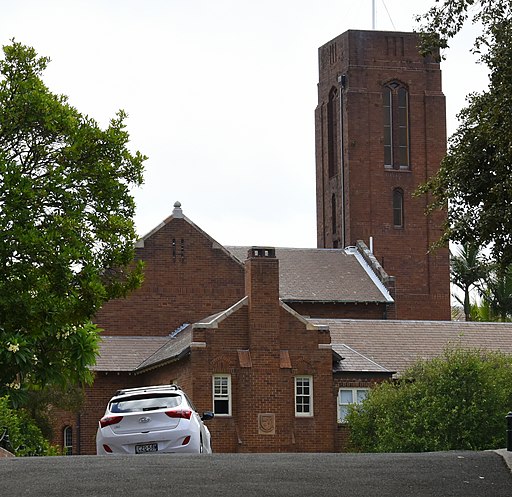Shore School, an elite Anglican boys-only school in Sydney, has hit the news for very wrong reasons recently.
The Year 12 tradition of ‘muck-up day’ has taken a dark turn at Shore this year, with a document surfacing that lays out challenges for the Year 12s, apparently written by students at the school.
The challenges include spitting on a homeless man, “shit[ting] on a train”, kissing a girl under 15, breaking into Taronga Park Zoo, having sex with a woman who is “”3/10 or lower” (i.e. unattractive) and getting drunk or high.
No doubt none of this squares with the values the school wants to uphold. SMH columnist Kerri Sackville, with considerable justification, lays the blame squarely at the feet of the parents of these students who came up with the document.
Most private schools, like Shore, however, have some direct association with religious groups. In the minds of many parents, if not in the actual prospectus of the school, provision of pastoral care and a purported ability to instill a sense of morality are up there as justifications for choosing private education.
Yet scandals revealing misogyny and a sense of entitlement among students at private schools and colleges have not been uncommon in recent years (and here and here).
Perhaps that’s no surprise, with the institutions behind many of these schools notoriously sexist in their outlook, not to mention caught out again and again perpetrating and then covering up the sexual abuse of minors, with (of course) terrible consequences. (Indeed, of victims who reported at the Royal Commission into Institutional Responses to Child Sexual Abuse, nearly three-quarters said they’d been abused in a religious school.)
To be sure, #NotAllPrivateSchools applies here – some seem enlightened and up to decent secular standards.
In general, however, did Marshall McLuhan (unwittingly on this topic!) bell the cat? In private education, is the medium in fact the message?
Disclaimer: views represented in SOFiA blog posts are entirely the view of the respective authors and in no way represent an official SOFiA position.
Photo: Sardaka / CC BY-SA (https://creativecommons.org/licenses/by-sa/4.0)



An interesting longitudinal study of British private and non-selective state school students was published in June this year. It was titled ‘Does private education make nicer people? The influence of school type on social–emotional development’:
https://onlinelibrary.wiley.com/doi/full/10.1111/bjop.12462
To quote from the abstract:
“State and private school children showed no differences in well‐being across adolescence, but private school children reported fewer behaviour problems and greater peer victimisation over time than state schoolers. These results were independent of schools’ selection criteria, including family background, and prior academic and cognitive performance… After considering schools’ selection criteria, only risk taking and age at having the first alcoholic drink differed between private and state school children, with the privately educated ones being less risk averse and drinking at younger ages than those attending state school.
Our results suggest that private education adds little positive value to children’s social–emotional development.”